Biology
Program overview

Semester Option:
Embark on a memorable semester in Dingle during the spring or fall semester, and advance your Biology major with courses like Anatomy & Physiology, Nutrition, and Introduction to Coastal Ecology. Designed for biology students eager for an international adventure, this program lets you earn essential credits toward your degree while immersing yourself in a rich cultural environment.
Short-Term Option:
For a shorter experience, join us for a two-week summer adventure exploring the rich history and natural beauty of Ireland. In Rituals & Ruins: Death and Meaning in Ireland, dive into the region’s fascinating archaeological sites. In Experiences in Coastal Ecology, discover the vital connection between the sea and the Irish coastline. Or, explore the genetic makeup of Irish populations in Genetics & Genealogy, gaining valuable insights into the intersection of biology and culture.
Whether you choose a semester or a short-term experience, SHU Dingle offers biology majors a unique opportunity to expand their knowledge while engaging with Ireland’s rich history, natural environment, and scientific heritage
BI 104 – Intro to Coastal Ecology of Ireland

3 Credits
Liberal arts exploration
- Scientific Literacy
Offered
Spring Semester
Faculty
Sharon Ni Shuilleabhain Ph.D.
Description
This course will introduce students to the varying marine environments surrounding the Dingle Peninsula and their importance, in terms of biodiversity and sustainability. Through multiple field trips and lecture, we will explore many coastal ecosystems, how they are shaped and the organisms that live in them.
Students are introduced to the abiotic and biotic processes that influence aquatic communities including coastal streams, rocky intertidal zones, sandy beaches, marshes, harbors, and the open ocean.
Throughout the course, we will also discuss how human activities affect these ecosystems, and other topical marine issues.
BI 104/258 – Experiences in Coastal Ecology of Ireland
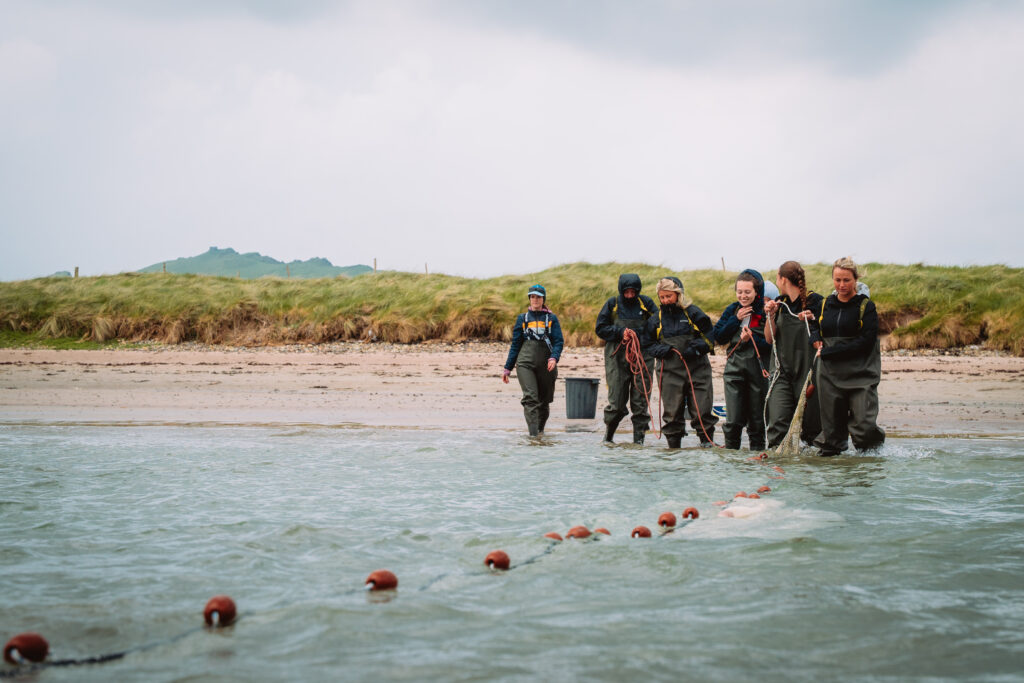
3 Credits
Liberal arts exploration
- Scientific Literacy
Offered
Summer 1 Short-term
Faculty
LaTina Steele Ph.D.
Ashley Stoehr Ph.D.
Description
This course investigates the interrelationship between coastal environments and the organisms living in these environments, as well as the related societal implications. Field trips will survey the different aquatic environments of the Dingle Peninsula and provide a close-up study of the region’s varied flora and fauna.
BI 120/HI 199 – Genetics & Genealogy
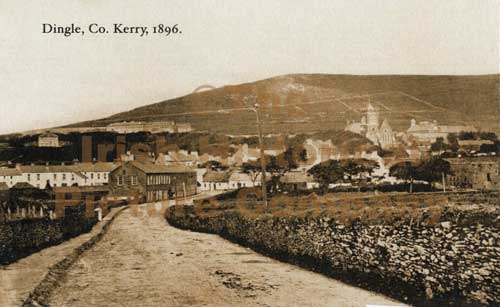
3 Credits
Liberal arts exploration
- Humanistic Inquiry
- Scientific Literacy
Offered
Summer 1 Short Term
Faculty
Mark Jareb Ph.D.
Jennifer McLaughlin Ph.D.
DESCRIPTION
Who are we and where do we come from? This course addresses that question both by understanding the genetics that underlie genetic ancestry tests and the genealogy of the students’ family trees and the historical context of their personal family’s ancestors. In addition, to exploring their own personal family genealogy and genetic history, the class in groups will research the family genealogy of a member of the Dingle community and compare the history impacting their family trees. Students will have access to numerous genealogical databases as well as the results of AncestryDNA tests for themselves and the local community members.
Students will learn about and help build local Dingle genealogy resources with trips to nearby historical societies and cemeteries. They will also interview selected individuals from the local Dingle community using this information and the genetic information from AncestryDNA results to help create a “Book of Life” for these community members. In doing so, students learn a more personal history about Dingle and the people who live there.
BI 199/PH 294 – RITUALS & RUINS: DEATH AND MEANING IN IRELAND

3 Credits
Liberal arts exploration
- Social & Global Awareness,
- Humanistic Inquiry
- Scientific Literacy
Offered
Summer 2 Short Term
Faculty
Kristen R. R. Savell Ph.D.
Christine Susienka Ph.D.
description
In this course, we’ll explore rituals of death, mortality, and the creation of meaning in Ireland. You will learn introductory archaeological methodology and mortuary analysis of human burials, then apply that knowledge by performing hands-on excavation and interpretation of a simulated burial site in Dingle. You will engage with texts exploring the philosophical and cultural ramifications of how we shape who we are in the face of death/mortality, the ethics of working with human burials, and ways in which our rituals surrounding death and burial reflect the values of the living.
The unique landscape of Dingle will also allow us to think about how we shape and are shaped by our natural environments. We will consider these questions through both landscape archaeology of the Dingle Peninsula and philosophical reflection. As part of the course, we will take trips to archeological sites in the area, and hike the Cosan na Naomh pilgrimage trail.
BI 206/208 – Anatomy and Physiology I, Lecture & Lab
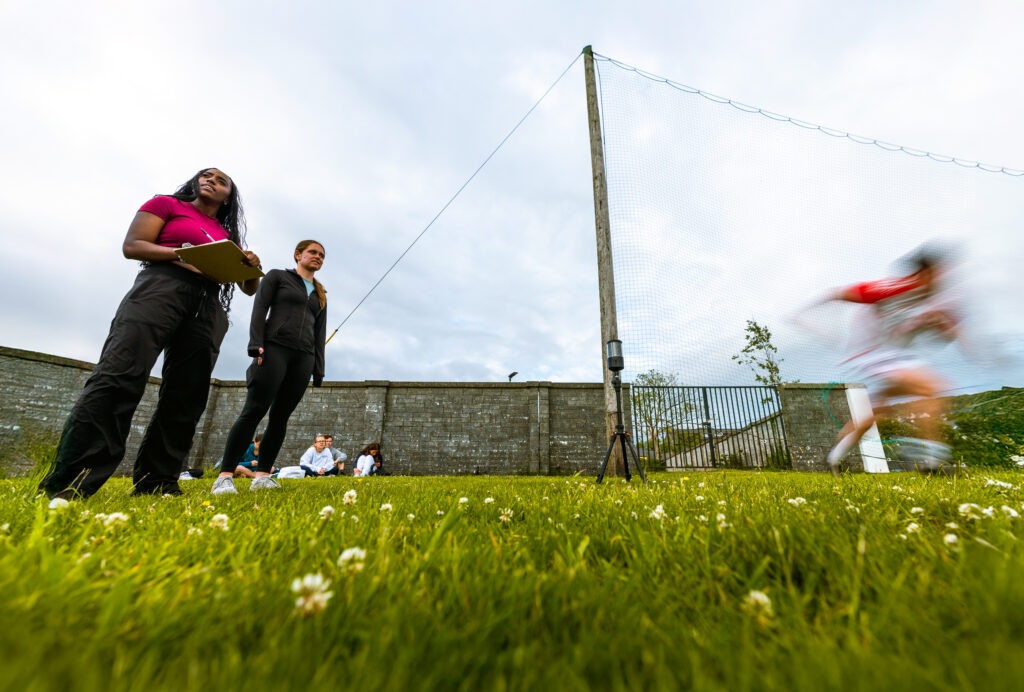
4 Credits
Offered
Fall Semester
Faculty
description
Lecture on the investigation of the tissues, skeletal, muscular, and nervous systems. This section is for students interested in athletic training, exercise science, physical therapy, occupational therapy, or physician assistant programs.
Laboratory involves the investigation of the tissues, skeletal, muscular, and nervous systems.
This course does not count as a Biology elective in the major or minor.
BI 299/HS 305/EX 255 – Nutritional Aspects of Human Health & Performance
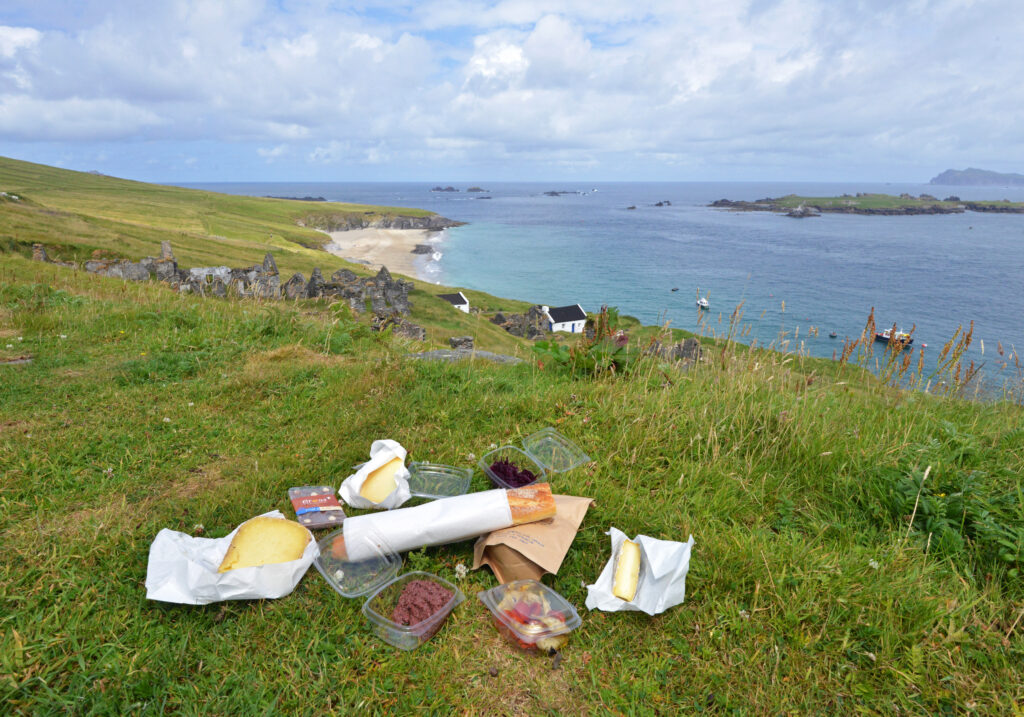
3 Credits
Offered
Spring Semester
Faculty
John O’Connor M.Sc
Description
This course provides an examination of the six classes of nutrients with strong emphasis on chronic disease prevention and improving athletic performance. Issues concerning dietary supplements, functional foods, and the ethics of food choices are also explored.

